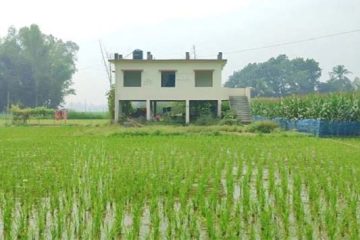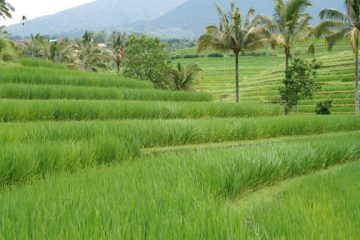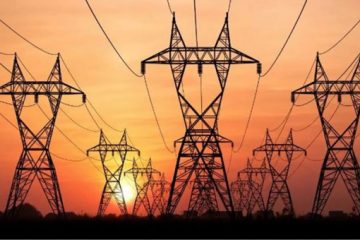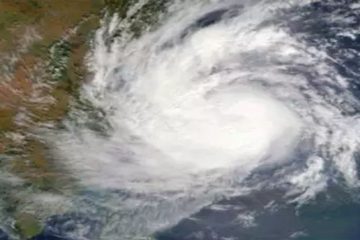 The High Court on Sunday asked the government to act swiftly to stop erection of any structures – temporary or permanent – on the banks of the Buriganga, Shitalakhya, Balu and Turag rivers and earth filling and encroachment of any kinds on the rivers.
The High Court on Sunday asked the government to act swiftly to stop erection of any structures – temporary or permanent – on the banks of the Buriganga, Shitalakhya, Balu and Turag rivers and earth filling and encroachment of any kinds on the rivers.
The High Court bench of Justice ABM Khairul Haque and Justice M Mamtaz Uddin Ahmed also asked the government to explain in a week why it should not be ordered to demarcate the original boundaries and limits of the four rivers by forming a special survey team.
The Bangladesh Inland Water Transport Authority chairman, Department of Environment director general and deputy commissioners of Dhaka, Narayanganj and Gazipur were also asked to explain why restoration of the rivers to their former state and removal of the installations on their banks should not be ordered.
After hearing a public interest litigation writ petition filed by five Supreme Court lawyers – Asaduzzaman Siddiqui, Sarwar Ahad Chowdhury, Aklas Uddin Bhuiyan, Tapan Kanti Das and Mamun Aleem – on behalf of rights organisation Human Rights and Peace for Bangladesh, the court posted the hearing on the ruling for June 1.
The petitioners’ counsel Manzill Murshid told the court that quarters with vested interests were grabbing the rivers and obstructing their flows in violation of the provisions of the Bangladesh Environment Conservation Act 1995, and Natural Water Bodies Protection Act 2000.
Citing newspaper reports, Manzill argued that the environment was being continuously endangered and threatened by various illegal activities such as encroachment, earth filling and erection of numerous temporary or permanent structures on the rivers.
As the main sources of water for WASA are the Buriganga and Shitalakhya rivers, purification of its waters is seriously hampered due to large scale pollution of the rivers, he said.
The polluted waters are causing various diseases among the city dwellers, he added.
He said that callous disregard for laws and failure in enforcing the laws had caused much damage to the environment of the areas adversely affecting the city dwellers.
‘Non-implementation of the laws by the government undermines the rule of law and jeopardises the people’s life and their fundamental rights guaranteed by article 31 of the constitution,’ Manzill said. ‘The government should be directed to protect the rivers in accordance with the law.’






